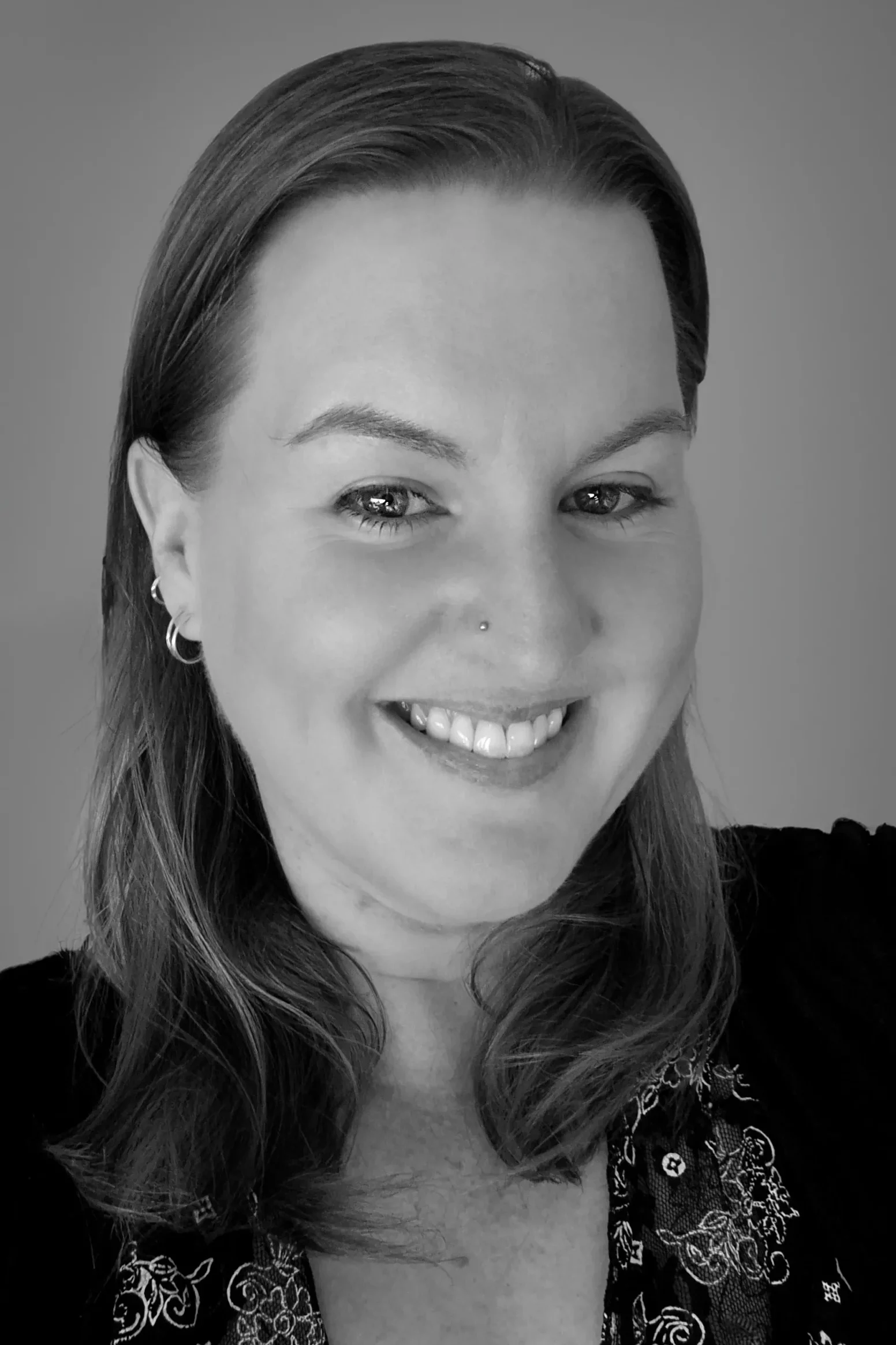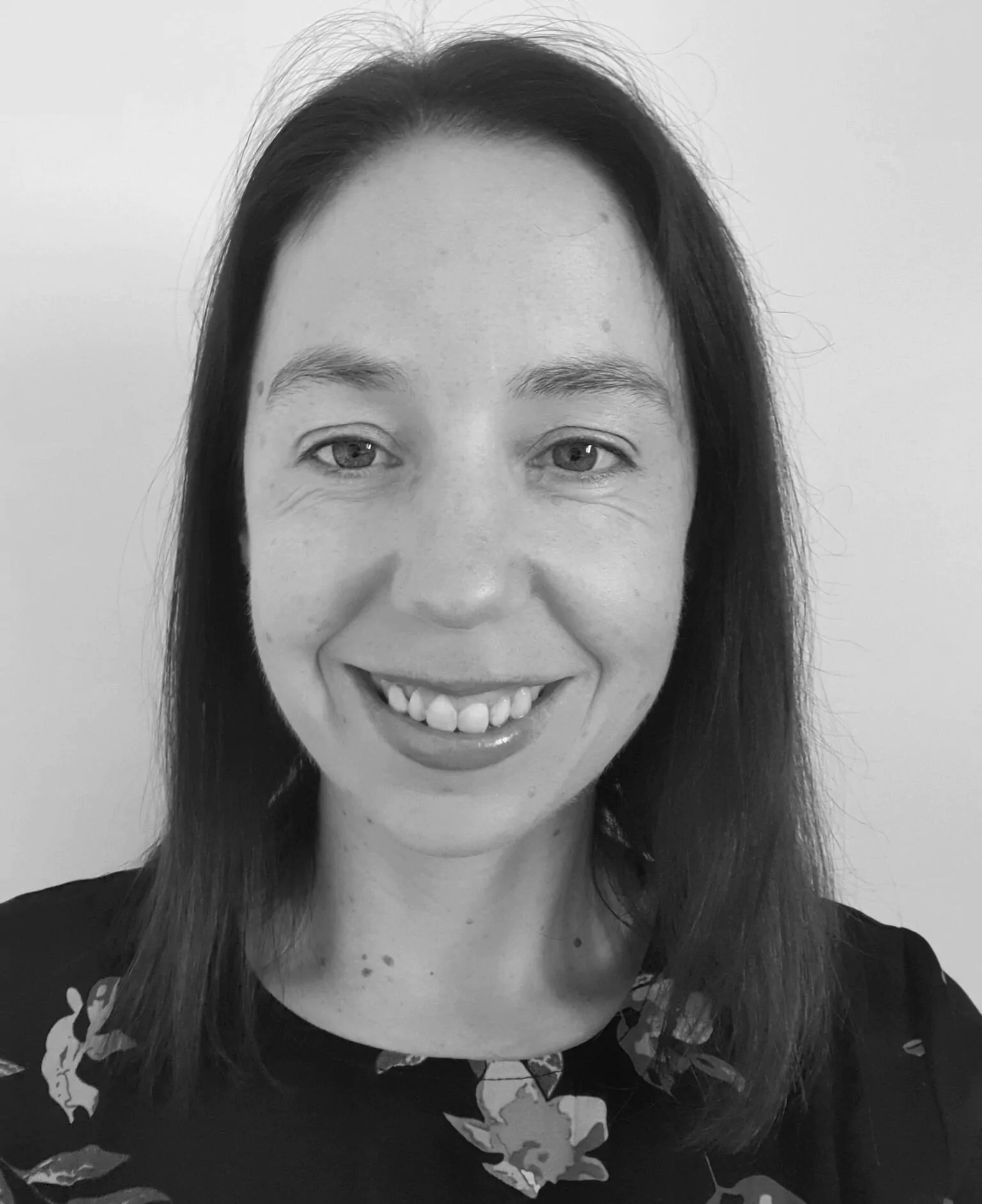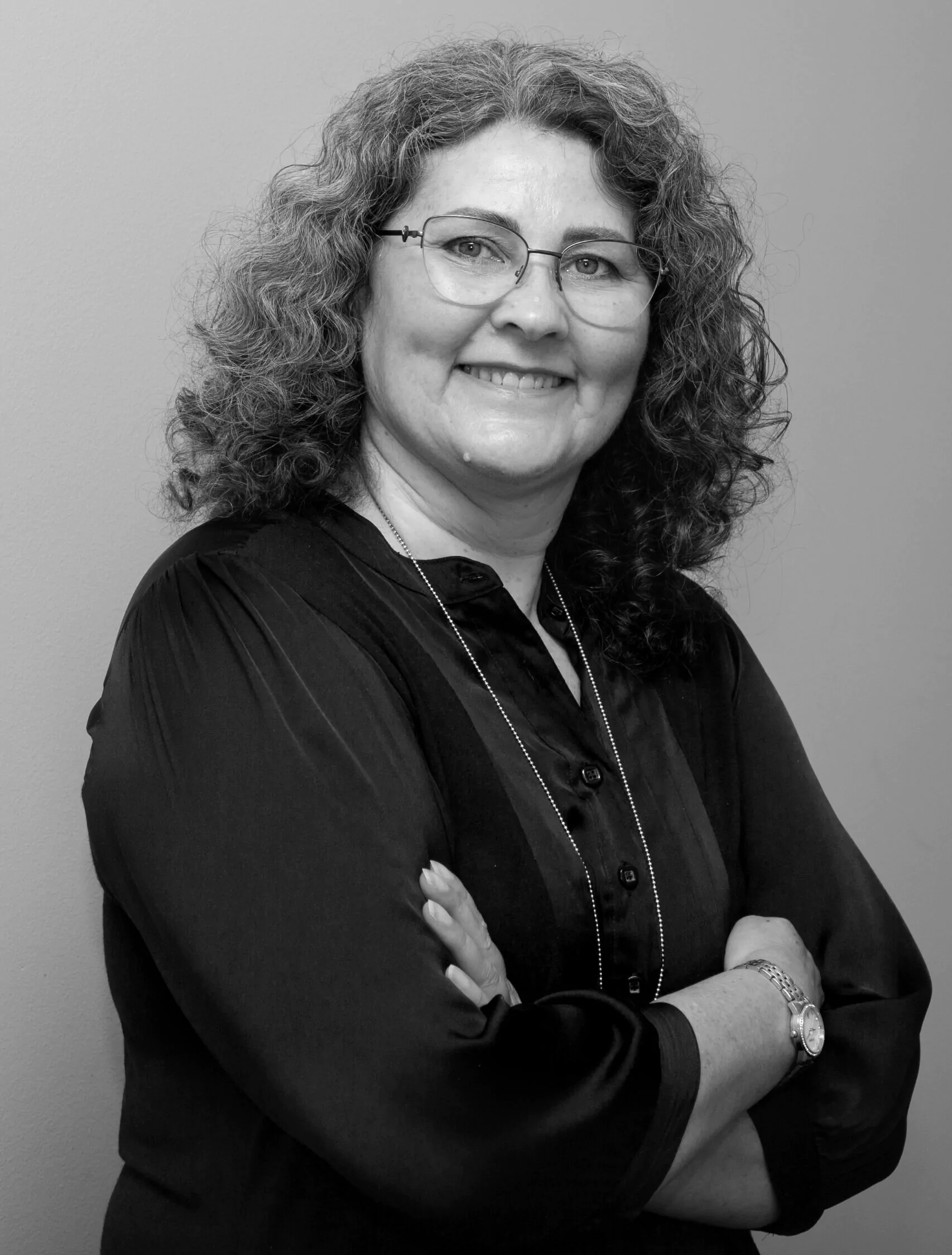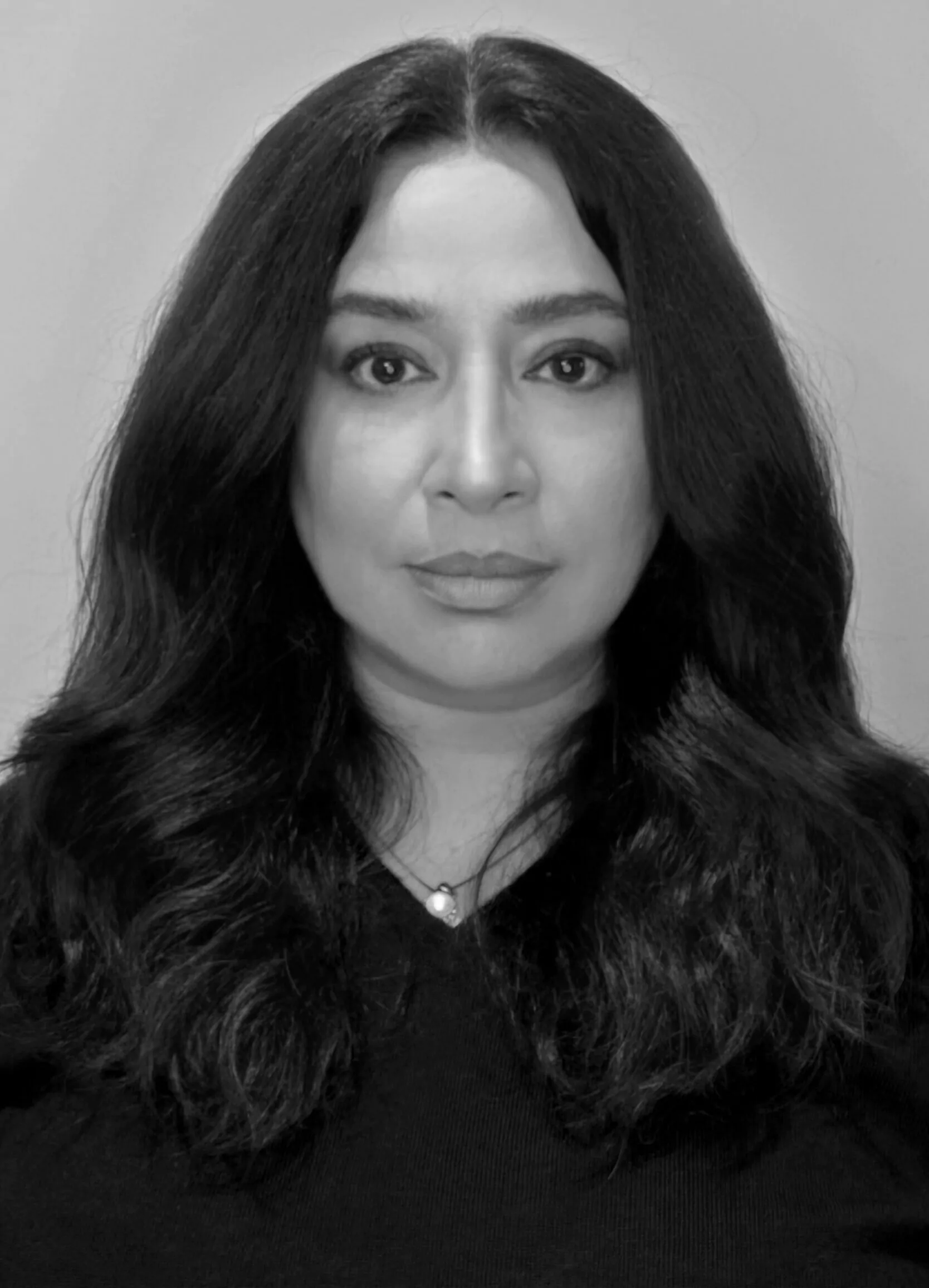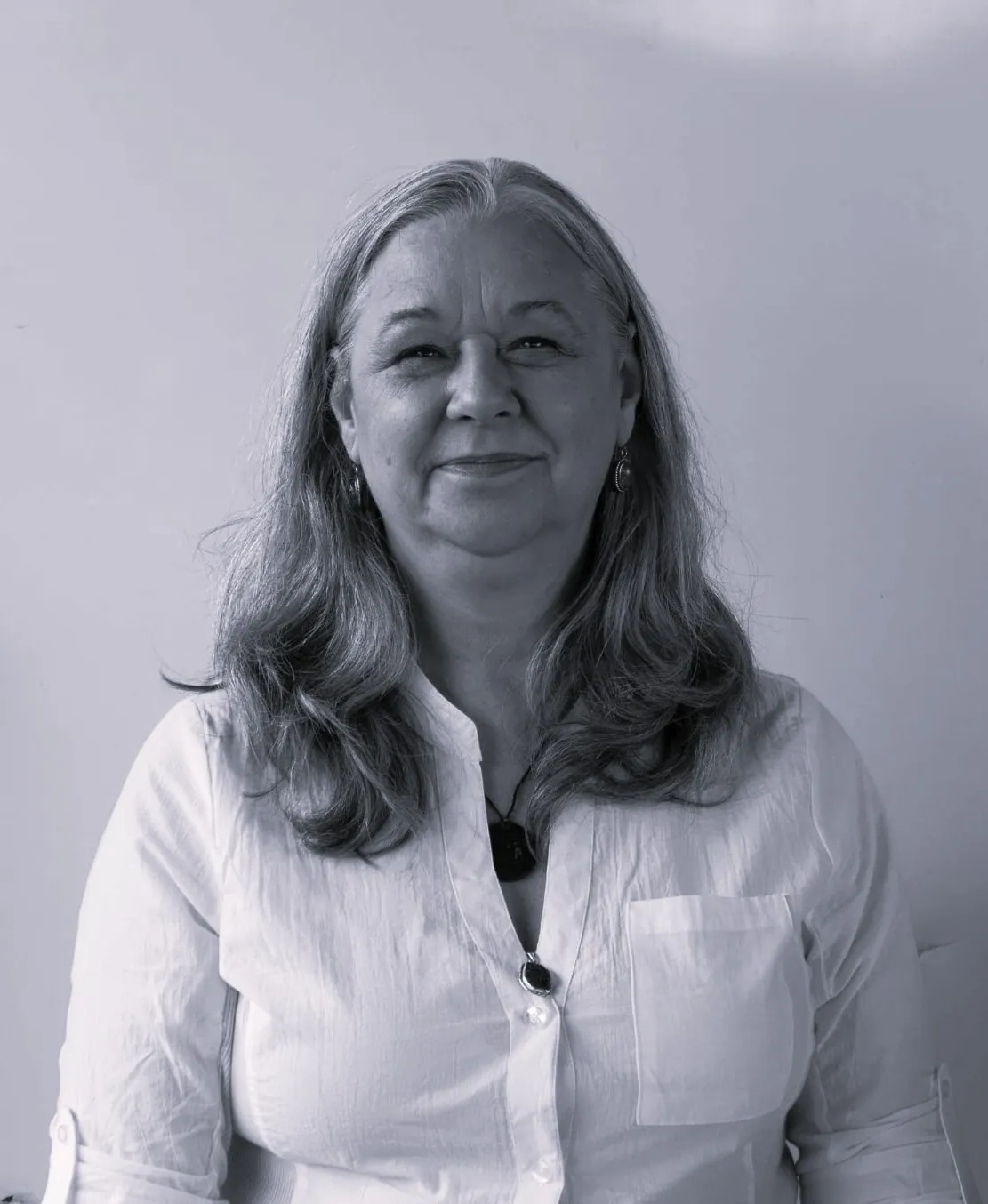Do you find yourself contemplating specific aspects of your appearance, such as your nose, skin or hair? If so, you may be experiencing body dysmorphic disorder (BDD).
BDD tends to emerge during adolescence or adulthood and can impact both males and females.
When To Seek Help For BDD?
If BDD symptoms are overwhelming you in your daily life, we recommend speaking with one of the mental health professionals at Bayside Psychotherapy.

What is Body Dysmorphic Disorder (BDD)?
BDD is a mental illness involving obsessive focus on a perceived flaw in appearance. The flaw may be minor or imagined, but the person may spend hours a day trying to fix it. They may also try many cosmetic procedures or exercises. People with this disorder may frequently examine their appearance in a mirror, constantly compare their appearance with others, and avoid social situations or photos.
When you have body dysmorphic disorder, you intensely concentrate on your appearance, frequently checking the mirror, grooming or seeking reassurance, sometimes for many hours each day. The perceived flaw and the repetitive behaviours can cause significant distress and impact the ability to function in daily life.
The sufferer may seek out numerous cosmetic procedures to try to “fix” the perceived flaw. Afterwards, they may feel temporary satisfaction or a reduction in distress, but often the anxiety returns, and they may resume searching for other ways to fix your perceived flaw.
Having BDD does not mean that you are vain or selfish; it is a mental health condition with physical symptoms that require treatment. An estimated 2 per cent of the population has BDD, and about 80-90 per cent of people with BDD are women.

What Causes Body Dysmorphia?
No one quite knows what exactly causes BDD. However, like many other mental disorders, BDD is likely due to a combination of neurological, biological, environmental, and genetic factors. A recent study suggests that your risk of developing BDD is heightened if you’ve experienced abuse or bullying, have low self-esteem, fear being alone or isolated, aim for perfection or compete with others.
BDD has similarities to obsessive-compulsive disorder (OCD), and the sufferer may also experience social anxiety disorder, depression or an eating disorder.
Need therapy for BDD?
Book an appointment
What Treatment Options Are There? – Bayside Psychotherapy
Current treatment recommendations drawn from evidence-based research and practice indicate strategies from cognitive behaviour therapy (CBT) and acceptance and commitment therapy (ACT) may be helpful. CBT highlights the associations between thoughts, feelings and behaviours and works to assist individuals to identify and address distorted thinking patterns and set challenges regarding behaviour experiments. ACT is a mindfulness-based therapy that encourages individuals to continue living a meaningful life despite difficulties with distress. The development of mindfulness skills allows the formation of different appraisals of one’s experience to emerge and also fosters a capacity to feel comfortable with various emotions.
The trained psychotherapists at Bayside Psychotherapy will endeavour to listen carefully and assist you
Call us on (03) 9557 9113 or use our contact form to enquire. When you are ready, book your confidential appointment. We can discuss your concerns around BDD and then develop a collaborative treatment plan.
How Long Will BDD Treatment Take?
Treatment may take some time, but no two people are alike. Our counsellors tailor your treatments to your situation and to your progress. We may include one or a combination of mindfulness therapy, dreamwork, NLP, Hypnotherapy and other such methods in an effort to assist you in reaching your goals, depending on your circumstances and which therapist you work with. Some people listen to self-hypnosis recordings in between sessions, such as the Body Dysmorphic Disorder (BDD) self-hypnosis MP3 download.
Call us to enquire on (03) 9557 9113 or use our online form. Set up a meeting with a psychotherapist via Skype, Zoom or Doxy and we can meet at a mutually beneficial time. Your call is completely confidential, and there’s absolutely no obligation.
You can book here for therapy. No need to travel. You control whether you use the camera or not during the sessions.
There’s also the option to come in for a face-to-face appointment at our Highett clinic.
Do you have any questions for us?
Get in touch with us through our online contact form
Call Bayside Psychotherapy on (03) 9557 9113 to find out if we’re able to help you. Your call is completely confidential, and there’s absolutely no obligation.
You can also book an appointment by using our online booking form for online appointments. Or, if you prefer, you can book an in-clinic session.
Self-hypnosis may also work well when used in conjunction with counselling. You can download our Body Dysmorphic Disorder (BDD) Self Hypnosis recording from our website.
Note: This information is informative only and is not to be used for diagnosis or substitution of appropriate assessment and/or treatment by a registered practitioner. Information on this page and our entire site should not be construed as implying that our therapists are specialists in treating any condition whatsoever. While some of our therapists may have experience working with people suffering from a specific condition, not all of our therapists do. We do not guarantee any particular level of performance, cure or management of symptoms. Each case is unique and responds differently with collaboration between client and therapist being crucial. Always seek appropriate assessment from a qualified professional such as a GP, psychiatrist, clinical psychologist or social worker especially if you are acutely distressed. We are not a crisis clinic. If you are in crisis, please call lifeline on 13 11 14, or contact emergency services by dialling 000 within Australia.



